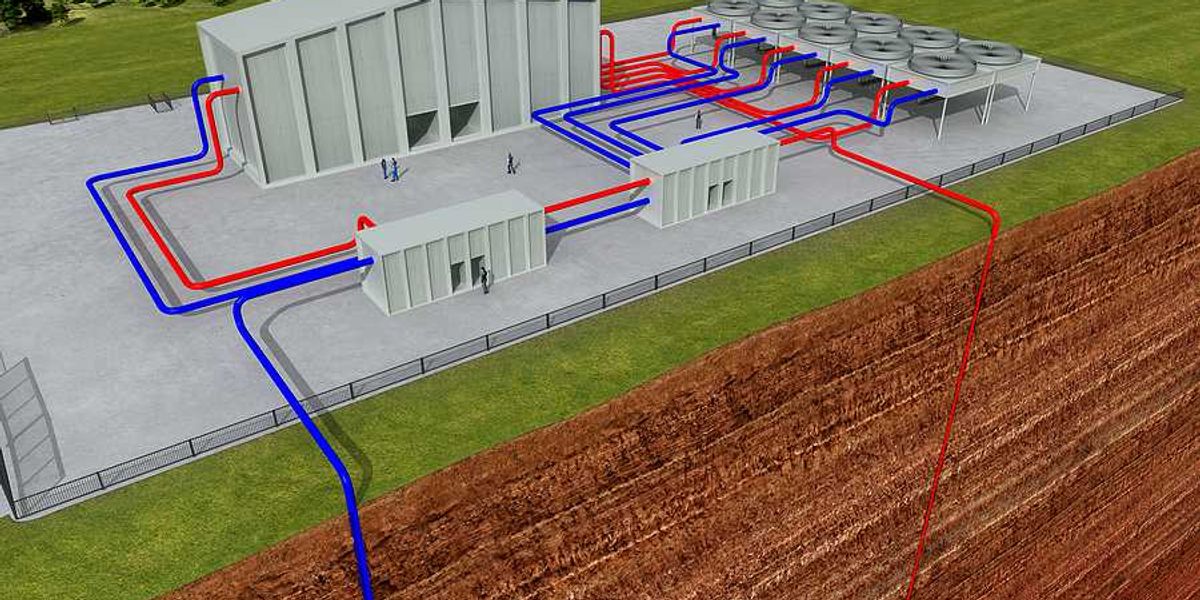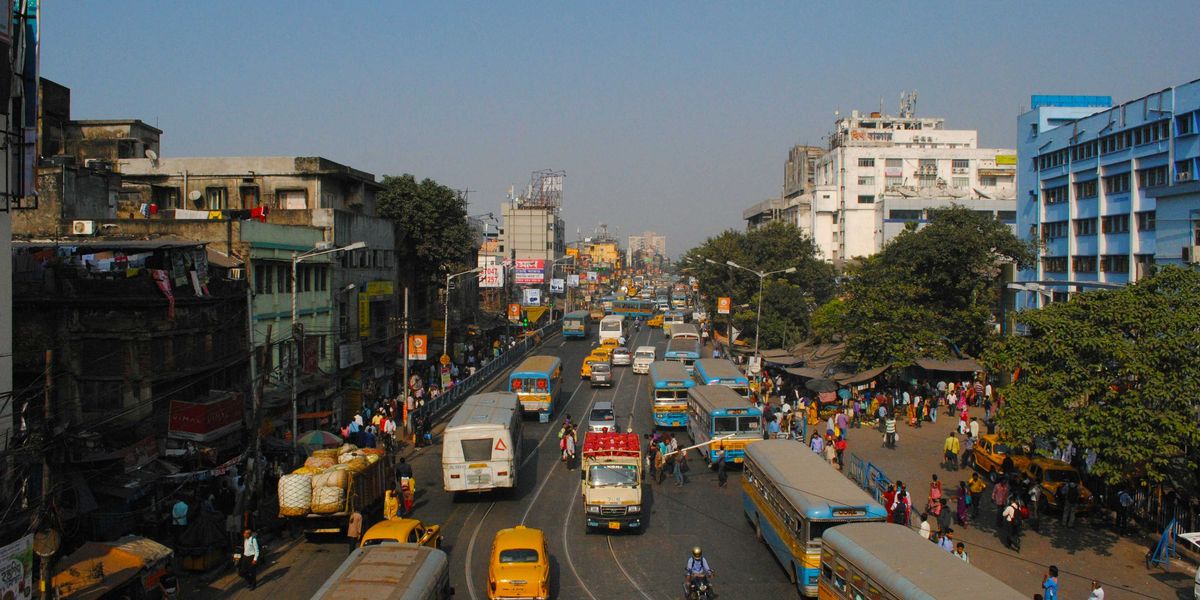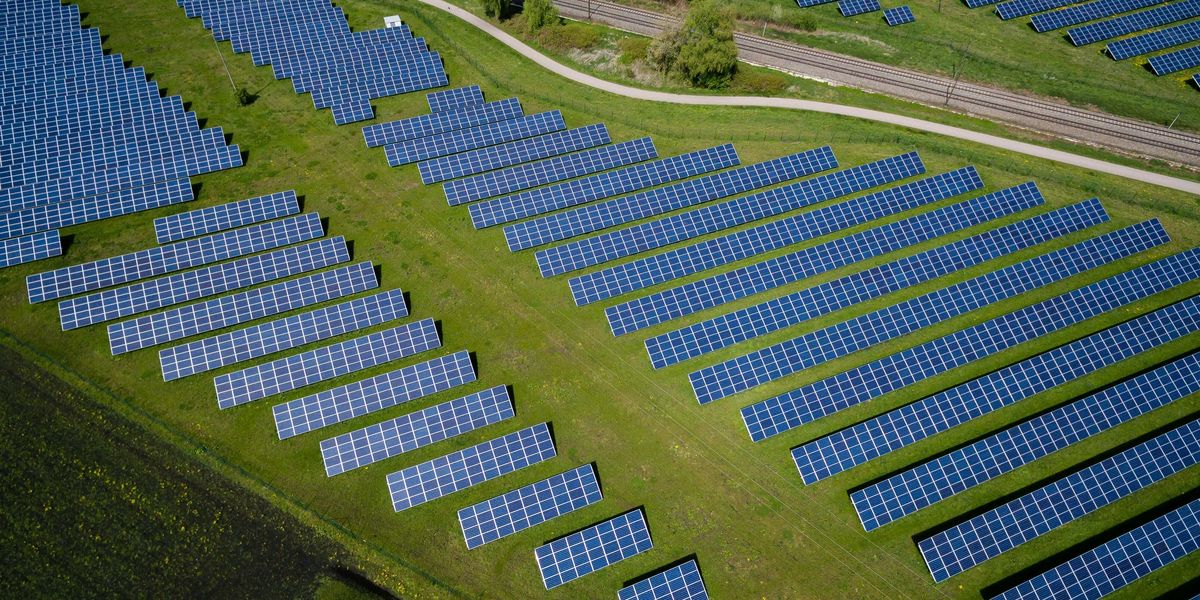Why most Americans still choose sprawl over walkable neighborhoods
While walkable neighborhoods promise cleaner air, vibrant communities, and less driving, a new study finds that most Americans still prefer the space and affordability of suburban sprawl.
Harry Stevens reports for The Washington Post.
In short:
- A study of U.S. metro areas highlights the benefits of "15-minute neighborhoods," where daily needs are within a short walk, reducing greenhouse gas emissions.
- Despite these perks, suburban sprawl remains more popular due to lower costs, larger homes and perceptions of natural beauty—though sprawl harms the environment and public health.
- Experts point out that high housing costs in walkable areas reflect demand outpacing supply, calling for zoning reform and investment in transit-oriented development.
Key quote:
"Sprawl helps explain why North America has lost an estimated 3 billion birds in the past half-century."
— Reid Ewing, professor of urban planning at the University of Utah
Why this matters:
It’s easy to see the draw. Suburbs promise privacy and, for many, a slice of what feels like nature. But sprawl isn’t just tough on the planet—it’s a public health crisis in disguise. The solution? Zoning reforms and smarter investments in transit. Read more: Diesel trucks are causing environmental injustice across US cities.













